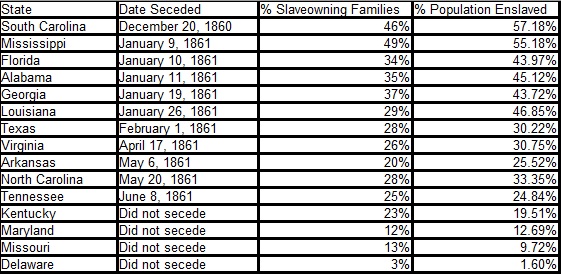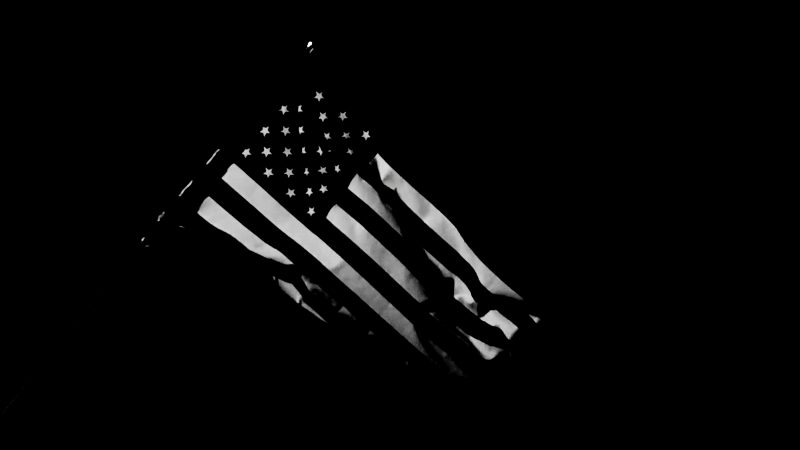Timjoebillybob
Grandmaster
- Feb 27, 2009
- 9,418
- 149
Most slave owners had between 4-6 slaves, half had 5 or less, about 12% of slave owners had 20 or more. Per the 1860 census 30.8% of free families owned slaves. A hair over 27% of free families in the confederate states owned less than 20 slaves. We'll go with let's say 4 slaves average for those, you don't think that 27% of free families wouldn't have been hit hard by losing the equivalent of about $400K in today's money? While the largest slave owners would have been hit the hardest, they also had the means to weather it the best. Compare Buffet, Gates, Musk, etc to the average let's be generous and say upper middle class family. Who would be hurt worse, the average family taking a $400k hit, or the 1% taking a $20 million dollar hit? Less than .1% owned more than 100 slaves, I figured the average cost multiplied by 200 slaves.But only if you "owned" at least 20 slaves were you exempt from the draft as of October, 1862:
Confed. Twenty Negro Law | Civil War on the Western Border: The Missouri-Kansas Conflict, 1854-1865
civilwaronthewesternborder.org
And yeah, while some people ( I've read that it was less than 20%) not from southern high society "owned" one or two slaves, abolishing slavery would not result in nearly the economic impact on them as it would on those few who had plantations full of slaves. It was a rich southerners' war, fought by the poor.
Statistics: Slaves and Slaveholdings | Gilder Lehrman Institute of American History
Statistics: Slaves and Slaveholdings | Slaveholding, 1860 Non-slaveholders 76.1 percent 1-9 slaves 17.2 percent 10-99 6.6 percent over 100 0.1 percent | Slaveholding, 1860 Non-slaveholders 76.1 percent 1-9 slaves 17.2 percent 10-99 6.6 percent over 100 0.1 percent Distribution of Slaves Number...

The Extent of Slave Ownership in the United States in 1860
I’ve touched on this before in other posts. See here, here, here, and here. In an effort to minimize the importance of slavery, modern neoconfederates will focus on the percentage of slave ow…








